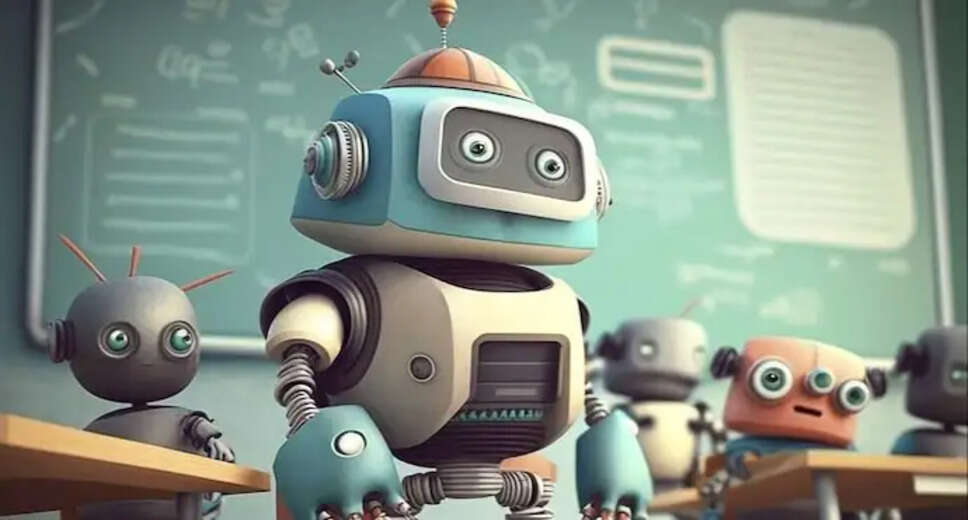How to Identify the Careers That Will Be First Replaced by AI
Artificial intelligence is poised to revolutionize various industries, offering opportunities to enhance efficiency, productivity, and innovation. However, its potential impact on specific professions raises concerns. This guide aims to help students understand the evolving landscape of AI in the job market and make informed decisions about their careers.

Artificial intelligence is poised to revolutionize various industries, offering opportunities to enhance efficiency, productivity, and innovation. However, its potential impact on specific professions raises concerns. This guide aims to help students understand the evolving landscape of AI in the job market and make informed decisions about their careers.

Understanding AI's Influence: Artificial intelligence has advanced significantly, transforming tasks once exclusive to humans. From chatbots to self-driving cars, AI enhances efficiency. Yet, concerns arise about its impact on employment. Some jobs may transform, while others risk obsolescence due to automation.

Strategies for Students:
-
Analyzing Job Market Trends: Research current job market trends, focusing on sectors swiftly adopting AI, such as manufacturing, customer service, finance, and transportation. Identify careers undergoing transformations due to AI integration.
-
Assessing Redundancy Potential: Evaluate the redundancy potential of different job roles. Roles with repetitive, rule-bound tasks (e.g., data entry, bookkeeping) are prime candidates for automation. Roles requiring decision-making, creativity, and emotional intelligence are less susceptible.
-
Staying Up-to-Date with Tech Advancements: Keep abreast of AI's evolving landscape, including natural language processing, machine learning, and robotics. Identify careers that may face transformation. For example, as natural language processing advances, roles in data analysis and content creation may see increased automation.
-
Networking with Professionals: Build connections with industry professionals and experts to gain insights into AI's impact on specific professions. Seek guidance on navigating industry changes and making informed career choices.
-
Focus on Future-Proof Skills: Prioritize acquiring skills that complement AI technologies. Enroll in courses providing hands-on AI experience, obtain certifications, and cultivate proficiency in areas that align with AI. Prepare for roles harnessing AI's power.
Adapting B-School Approaches: As AI disrupts some careers and creates new opportunities, both students and B-schools need to adapt. B-schools should embrace AI-enabled adaptive learning systems, developing curricula and pedagogy to prepare the next generation of leaders.
